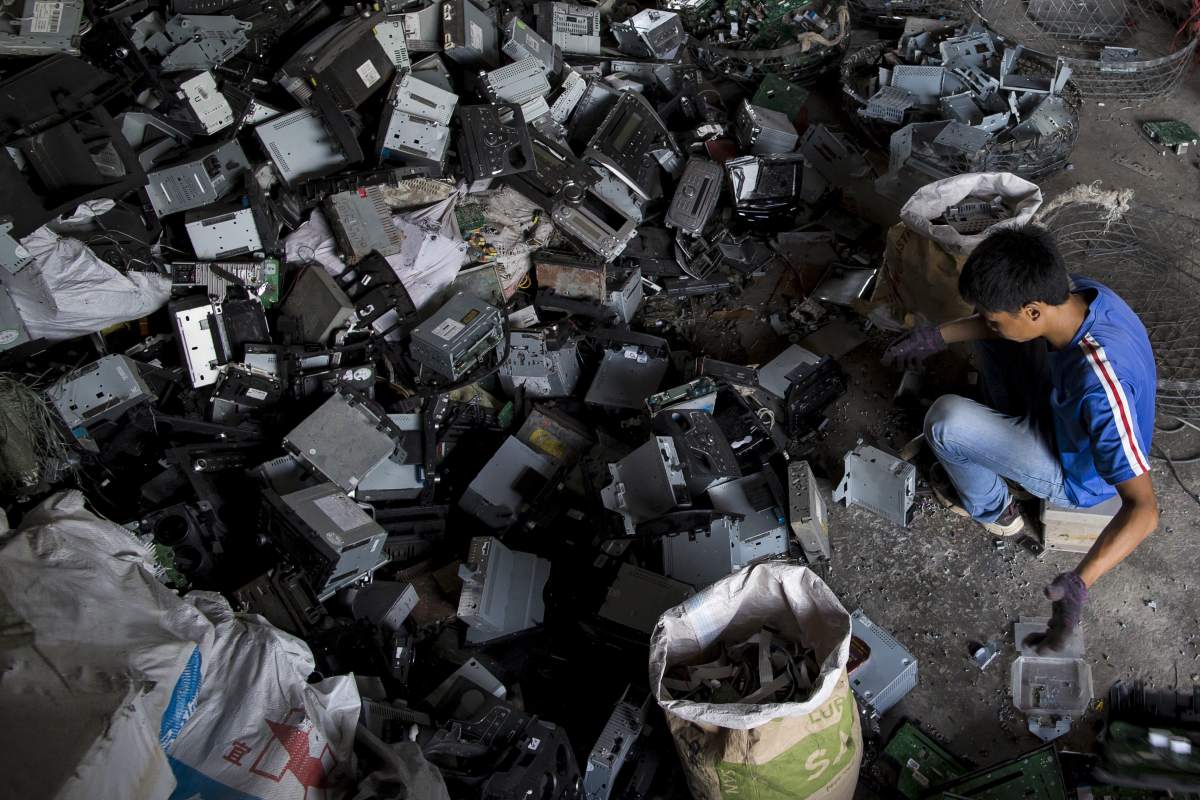Reuters’ Report According to, the LG and Samsung have argued that the rule puts an inappropriate burden on companies in the name of ‘Polotar Page Principal’, while the government itself has failed to regulate the informal recycling sector. The report further states that the government says that the aim of this policy is to formal and promote investment. But companies claim that this rule can increase their cost to three times, which will affect their profits.
Samsung has said in its petition that this rule does not fulfill the objectives of environmental protection and this will increase financial pressure on companies.
Apart from LG and Samsung, companies like Daikin, Havells, Voltas, Blue Star and first Johnson Controls-Hitachi have also been involved in this dispute. Some have filed a case against the government, while some have withdrawn their petitions. This situation reflects the increasing conflict between foreign companies and the government in India over environmental regulations.
India is the third largest e-waste producing country in the world, but according to the government, only 43% e-West was formally recycle. More than 80% of the remaining 80% process is processed through informal scrap dealers, which pose risk to environment and health.

